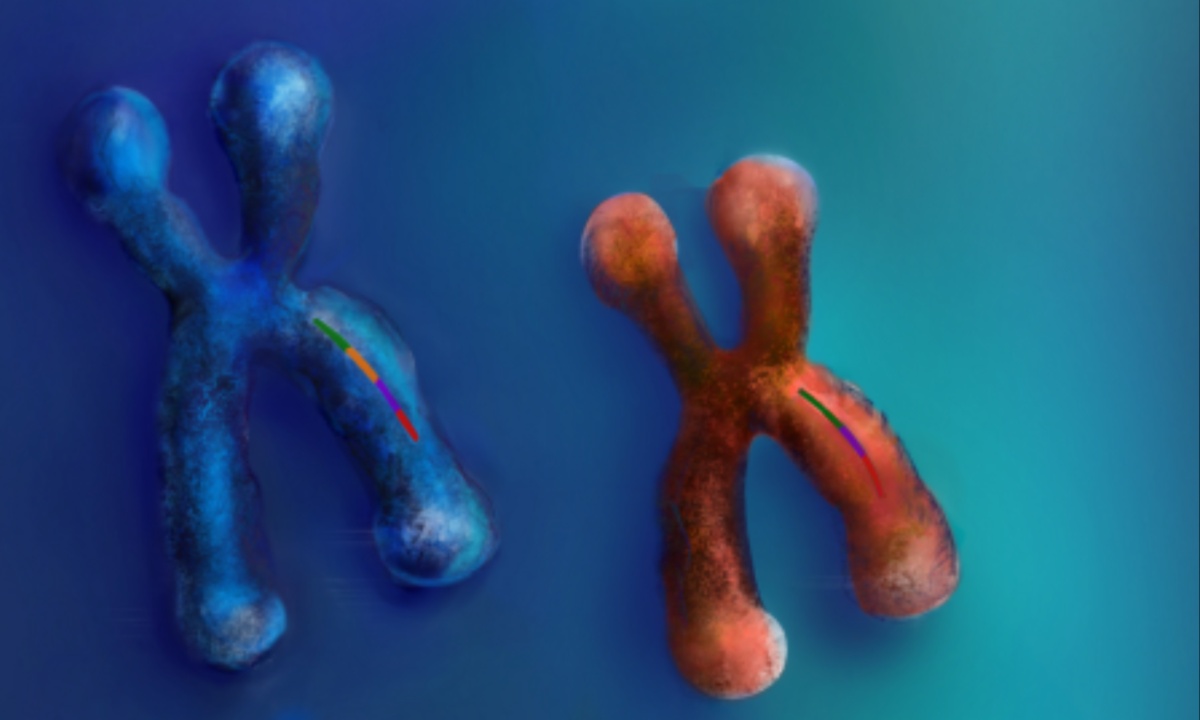Researchers have introduced an AI algorithm called ARC-SV, designed to detect complex structural variants (CSVs) in the human genome that previous sequencing methods missed. In a study involving more than 4,000 genomes, the algorithm revealed thousands of previously undetected variants, many of which are linked to brain function and psychiatric conditions like schizophrenia and bipolar disorder. This discovery is significant, as it provides new insights into the genetic factors underlying these disorders and points to potential therapeutic innovations.
The human genome consists of 3 billion base pairs, which form the genetic instructions for the body. Alterations in the arrangement of these base pairs, whether simple or complex, are key markers of disease and human evolution. While current genome sequencing techniques can detect simple structural changes, they often overlook complex variations, which involve extensive rearrangements of the genome. Such complex changes, the study suggests, may play a crucial role in the risk and development of psychiatric diseases.

ARC-SV is a breakthrough in genome analysis, able to identify complex variants with 95% accuracy from whole-genome sequencing data. In the genomes analyzed, each had between 80 to 100 complex structural variations. These variants often appeared in regions linked to brain development and evolution, underscoring their potential relevance to psychiatric diseases. The algorithm’s ability to detect these complex changes highlights the importance of using advanced AI tools in genome research.
The study specifically looked at psychiatric diseases, including schizophrenia and bipolar disorder, which are known to have strong genetic components. Traditional genome-wide association studies (GWAS) have identified regions in the genome associated with these diseases, but GWAS lacks the precision needed to pinpoint the exact genetic variations involved. ARC-SV fills this gap by offering a more detailed view of the complex structural variants that may contribute to these conditions.
In testing the ARC-SV algorithm on brain tissue samples from individuals with schizophrenia and bipolar disorder, the researchers found that the variants influenced how genes related to brain function were expressed. This suggests a direct link between these complex structural variants and the diseases. The study marks a major step forward in understanding how structural changes in the genome impact psychiatric disorders, potentially opening doors to new treatments based on a deeper genetic understanding.
